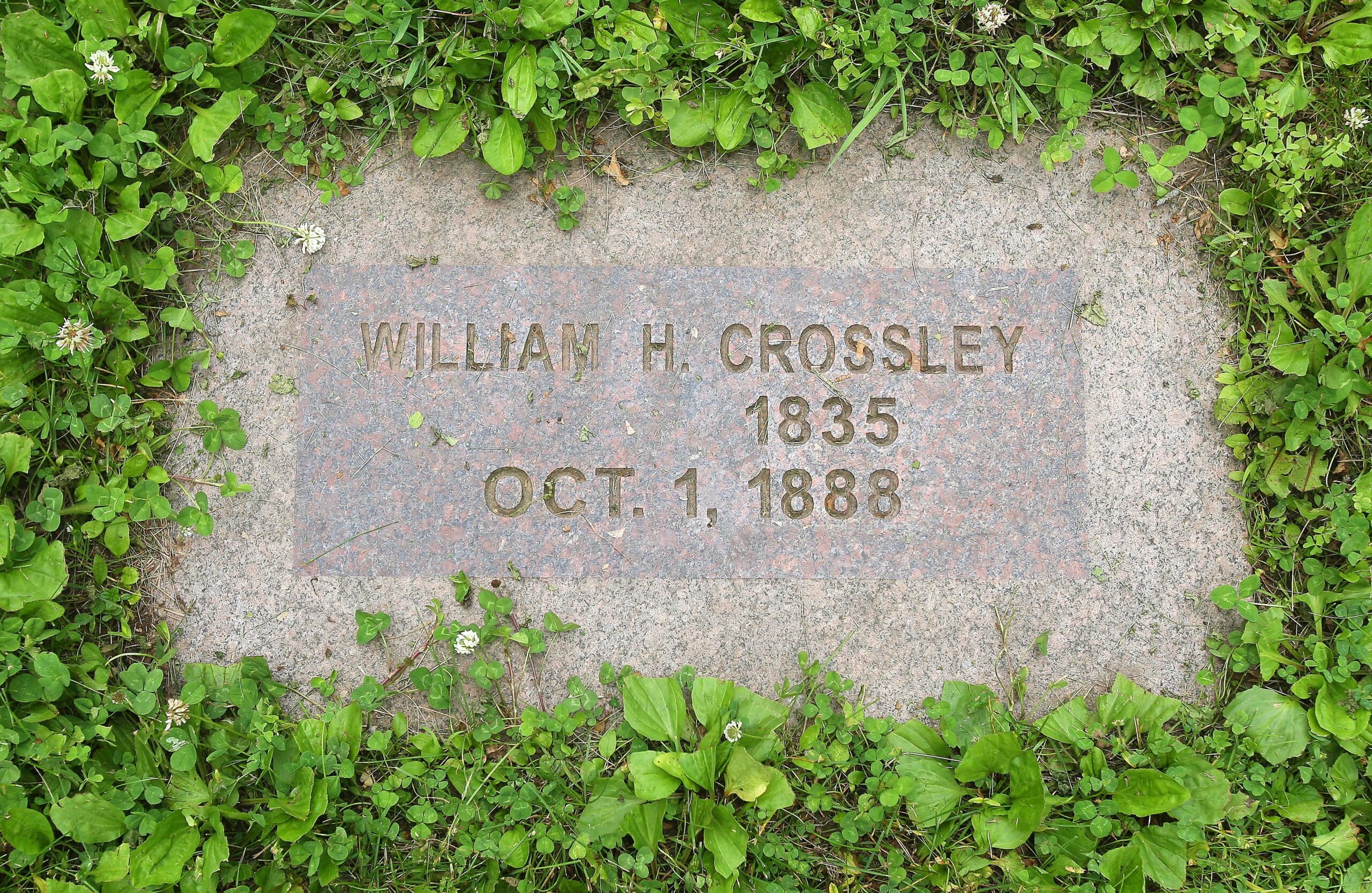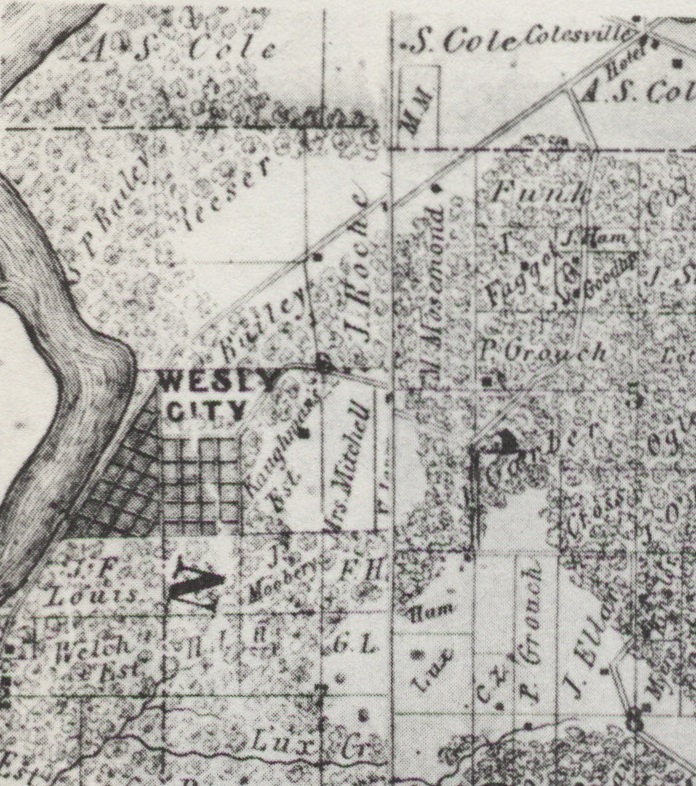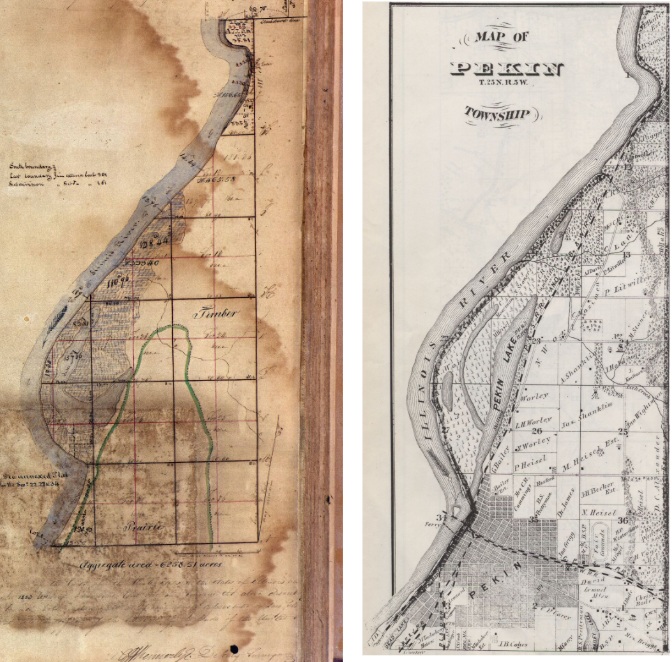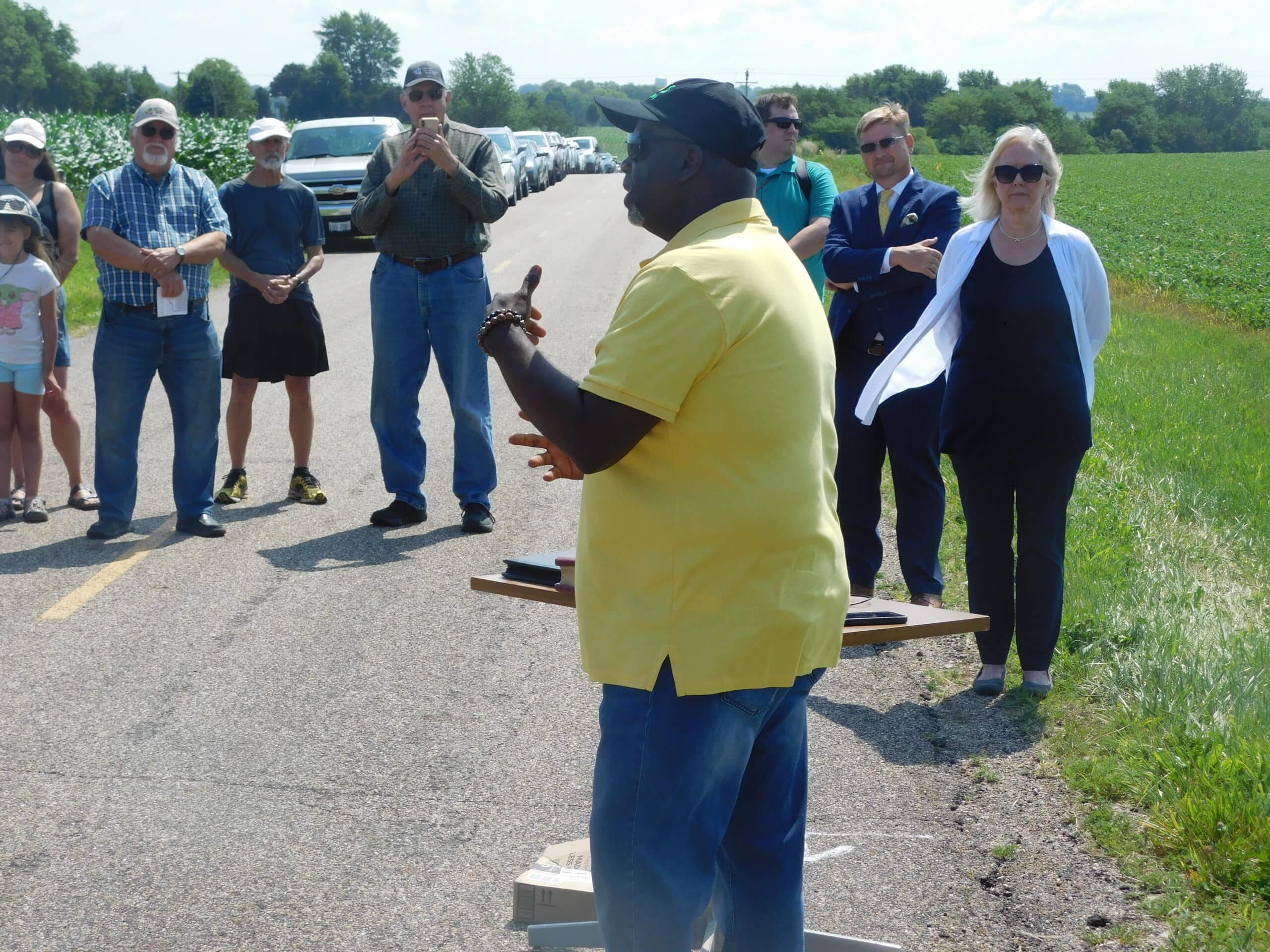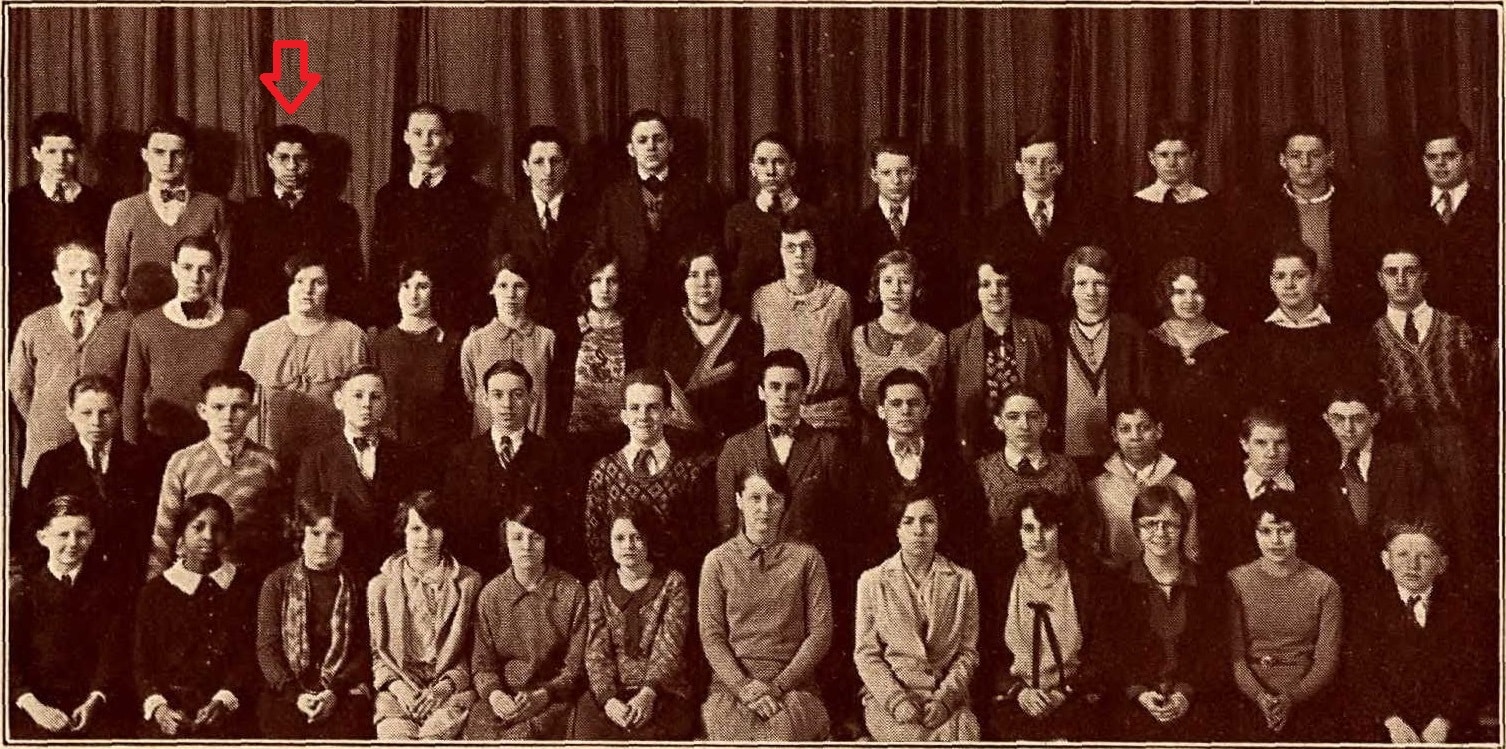Four years ago, “From the History Room” shone the spotlight on William Henry Costley, a forgotten figure of Pekin’s past whose remarkable life story serves as a historical link between Pekin and the origins of the annual “Juneteenth” celebration.
We told the story of Costley, a Civil War soldier who served as a private in one of the Union Army’s Colored Troops regiments, in a column entitled, “Bill Costley – Pekin’s link to ‘Juneteenth,’” which first ran in the Saturday, June 20, 2015 Pekin Daily Times and later was republished at the Pekin Public Library’s “From the History Room” weblog. It was the third of four columns that have featured the members of the family of Nance Legins-Costley of Pekin, an African-American woman mentioned in Pekin’s historical records as “Black Nance,” who is remembered as the first slave freed by Abraham Lincoln (through the 1841 Illinois Supreme Court case Bailey vs. Cromwell).
The story of Nance Legins-Costley’s steadfast struggle to obtain freedom for herself and her children is told in the 2014 book, “Nance: Trials of the First Slave Freed by Abraham Lincoln – A True Story of Nance Legins-Costley,” which was written by local history Carl Adams, formerly of the Pekin area but now residing in Maryland. The Pekin Public Library has a copy of Adams’ book that may be checked out, and a second copy is in the Local History Room collection for in-library research.
Bill Costley was Nance’s third child and eldest son. U.S. Census records indicate that Bill was only about a year old when his mother won their freedom through Bailey vs. Cromwell. Through his research, Adams learned that during the Civil War Bill served in the Illinois 29th Regiment of Volunteers (Colored), which was one of the regiments sent to the Gulf of Mexico in June 1865, landing at Galveston, Texas, on June 19 and announcing that the war had ended and all of Texas’ approximately 250,000 slaves were free. The four-day celebration of emancipation that ensued is the origin of Juneteenth.
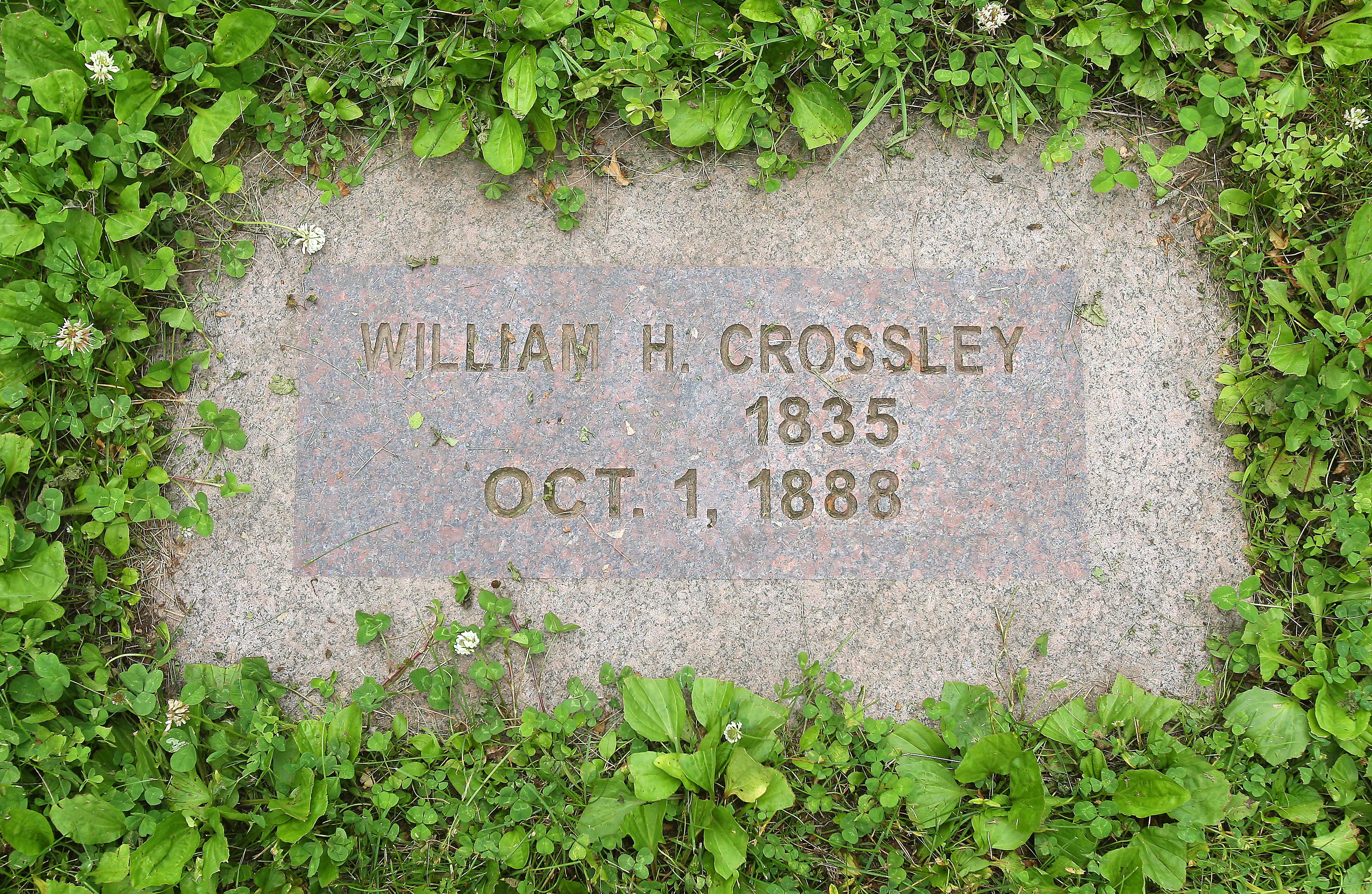
More recently, Adams interest in the life of Bill Costley has motivated him to get involved with the National Juneteenth Observance Foundation. Members and supporters of NJOF aim to establish Juneteenth as a national holiday to be observed every third Saturday in June. “Since they are not asked for a day off work, nor on a Monday, they have hopes,” Adams said in a recent email to the Pekin Public Library.
This year NJOF kicked off their month-long observance of Juneteenth with nationwide flag-raising ceremonies on Monday, June 3, said Adams. The Pekin Public Library’s Local History Room also features a Juneteenth display all this month.
In related news, The Randolph Society, an honor society with a mission of recognizing prominent individuals who have lived in and contributed to Randolph County, Illinois, has made Bill Costley’s mother Nance Legins-Costley a 2019 Randolph Society honoree. Nance was nominated early this year on Feb. 8, and the formal induction ceremony was held March 10 at the Randolph County Courthouse in Chester, Ill.
The Randolph Society chose to recognize Nance because she was a Randolph County native, having been born in Dec. 1813 in the boarding house of land surveyor Col. Thomas Cox of Kaskaskia, then the capital of the Illinois Territory. Nance’s parents, Maryland-born slaves named Randall and Anachy Legins, were legally classed as indentured servants of Cox, but effectively were Cox’s slaves. Nance later lived in Springfield after Cox moved there in 1822. In 1827, however, Cox’s estate was seized and auctioned off to pay his debts. At that time Nance and her sister Dice were both sold, and Nance was acquired by Pekin co-founder Nathan Cromwell, one of the men to whom Cox owed a great deal of money. Cromwell brought Nance to Pekin soon after that, in 1827 or 1828.
Under Illinois law, an indentured servant had to agree to the contract of indenture. However, Cox’s mother Jane later gave sworn testimony in court that she overheard Cromwell ask “Nance if she would go and live with him and said Nance refused and presented she would not.”
This refusal of Nance to agree to her indenture contract in 1827 was key to Lincoln’s eventually winning Nance’s freedom in 1841. Her last owner David Bailey could not provide evidence that Nance was really indentured to serve him, so the Illinois Supreme Court ruled that she was free – and since she was free, that meant her children Amanda, Eliza Jane, and Bill were not born of an indentured servant and therefore were free as well.
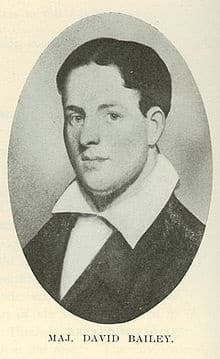
The Randolph Society has published a biography of Nance Legins-Costley at its website. The biography, based mainly on Adams’ book “Nance,” may be read at https://randolphsociety.org/nance-legins-costley/


